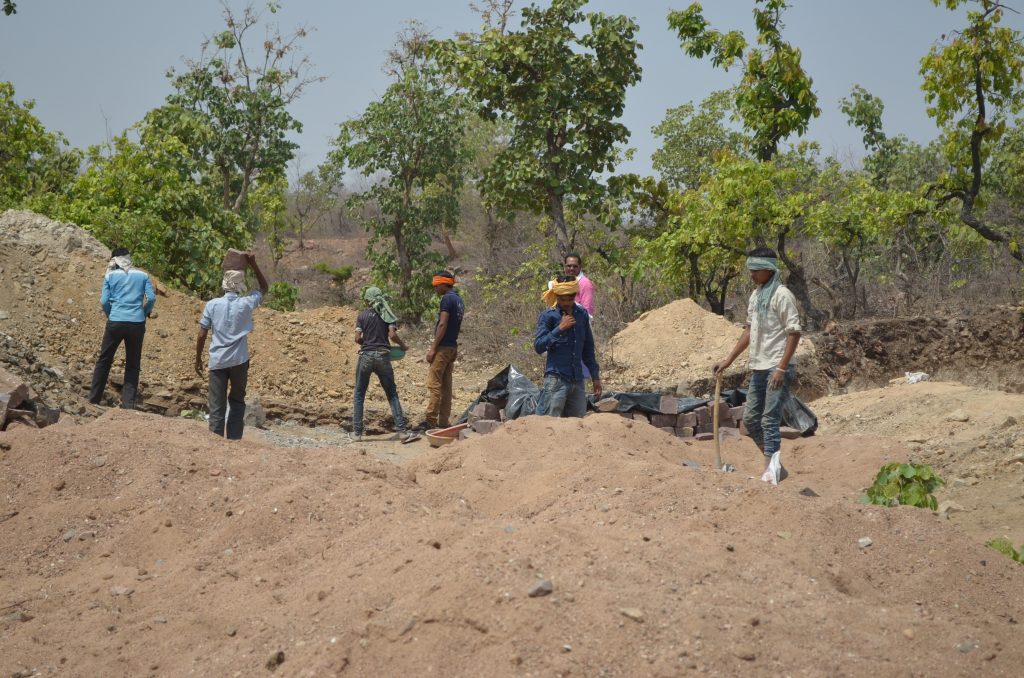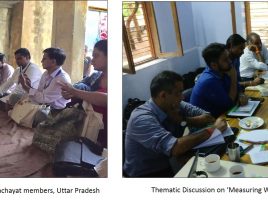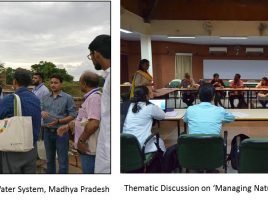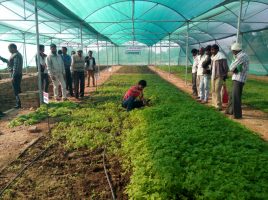Role of Non-state actors in promoting Green Public Procurement
The answer to the question
Public procurement rules in India are rather complex and a labyrinth of clauses and interjecting sub-clauses. In a diverse country like India, assimilation and dissemination of public procurement data is ridden by inefficiencies and imperviousness. The national government has tried to address the impervious nature through the General Financial Rules, 2005; the Public Procurement Bill, 2012[1]; the Manual of Policy and Procedures for Procurement of Goods, Services and Works; and the recently amended General Financial Rules, 2017[2].
India is yet to differentiate its sustainable public procurement (SPP) with explicit mandates of green public procurement (GPP). So it is imperative to discuss GPP within the context of economic, social and environmental pillars of sustainable development in SPP. The initial intervention for creating legislation regarding GPP was in 2007 as part of the resolution by PM’s Council on Climate Change while attempting to adhere to the United Nations Framework Convention on Climate Change. However, in addition to the attempts by the government to streamline the procurement process, a substantial policy articulation is still required to make it clear as to the extent to which India would be willing to go along with the idea of GPP.
The first step to provide the ‘answer’ for enabling GPP in India at various levels is identifying the ‘question’. Creating a descriptive GPP framework for sustainable procurement within the existing public procurement bill is a mammoth task. GPP is fundamentally a voluntary instrument in India currently; however it can be legislated and requires simply a decision by the cabinet, but this might take some time and ingenuity.
So the question is how we can expedite the process for uniform legislation and implementation of GPP in India. It is precisely in conundrums like these where non-state actors like CSOs, NGOs, citizen engagement and media can arbitrate[3]. Non-state actors can act as vials to disbar assumptions made by national and state government led and managed black-box theories for public procurement. This article will elaborate on evidence based policy advocacy where substantial momentum has been created due to non-state actor engagements.
Espouse at the central and state governments
For a large country like India, a major concern is procuring public goods through the least cost method (LCM), which ensures unbiased use of its taxpayers money while being accountable for basic necessities like ‘roti, kapada aur makaan’. Going ‘green’ is also considered ‘expensive’, though multiple studies in countries like Denmark, Hong Kong, Japan and even Indian railways have shown that growing green shoots is cost-effective in the longer run[4]. It is evident that the SPP policy is open to interpretation in the Public Procurement Bill, 2012; hence ISO 14001 series standards remain the sole voluntary system in India for certifying a firm’s commitment to environmental management in the GPP process at the national level.
Some Indian states like Karnataka, Tamil Nadu and Rajasthan have been pioneers in promoting SPP through effective frameworks for addressing transparency and competition. In cases like Rajasthan, the Swiss Challenge System has also enabled private sector to match bids otherwise reserved for traditional bidders. The end result is new-age firms with strong corporate social responsibility (CSR) mandates participating in the bidding process, hence setting the bar for sustainable procurement high from the beginning. These CSR obligations ensure that SPP or variations of GPP are incorporated in the procurement process.
The private sector, due to its liability interests, is by default answerable to its stockholders and ensuring sustainable means of procurement for public goods, services and works. Instances like these create an avenue for non-state actors to amalgamate Key Performance Indicators (KPIs) for the basis of monitoring by advocating for GPP products and SPP process[5]. In short, at the state and national level, non-state actors like NGOs and citizen groups have the onus of propagating research and practice improvements, knowledge sharing and monitoring.
Broker at the international level
The Indian domestic market, especially for medium, small and micro enterprises (MSME) and information technology (IT), is putting out a red-carpet for the country’s green growth development initiatives. But, there is also an interest from foreign firms to easily share the pie that is the public procurement process in India[6].
In this context, India’s domestic market size in itself might offer enough competition in terms of innovation and negotiating capital to foreign firms. India’s accession to the WTO Government Procurement Agreement (GPA) has been heralded as a necessary step to ensure SPP in its domestic procurement process. But India also has multiple bilateral trade agreements with foreign markets like EU[7] which also address SPP practices required by foreign markets.
At the moment, Indian government may not be willing or interested to make a leap of faith to the GPA because of the blanket of irrelevant SPP requirements for Indian domestic markets. In this case, the government may not be able to deliberate informally at the WTO level. On the other hand, non-state actors like civil society have the flexibility to approach an international organisation like the WTO to brainstorm and broker on behalf of India. CSO side-events at major WTO events are an excellent outlet to present evidence-backed customised policies for sustainable and green procurement for goods, services and work.
Shepherd at the regional level
India exerts a considerable influence over South Asian countries like Bangladesh, Bhutan and Nepal. Some of these least developed countries (LDCs) do mimic Indian SPP policies for best practices in green procurement with reservations regarding local context[8]. Since LDC’s norms for accession to the WTO have its own policy trajectories, domestic markets (nevertheless supported by Indian markets) would influence their public procurement policy.
While South Asian countries simulate lessons from India, non-state actors in India and other South Asian countries have the potential to shepherd the regional country governments for promoting regional cooperation and economic growth. Hence, non-state actors like research organisations and civil societies in India have the opportunity and responsibility to steer their organisational networks in neighboring countries to ensure sustainable procurement.
Way Forward
Non-state actors around the world are transitioning from the ‘watchdog’ approach to the ‘partnership’ approach with federal governments. Supporting elements for a full-fledged green public procurement policy would include public policy oriented workshops, dialogues and citizen engagement for a fair and sustainable public procurement process by non-state actors. As modern India embraces new ideas and rules of public procurement with sub-clauses of sustainable procurement, diplomatic dialogues will be required to negotiate ‘friendship’ agreements in easing into green procurement of goods, services and works.
Authors:
Mr. Bipul Chatterjee, Executive Director, bc@cuts.org
Ms. Susan Mathew, Senior Programme Officer, sma@cuts.org
CUTS International
The views expressed in the article are those of the authors’ and not necessarily those of Development Alternatives.







Leave a Reply